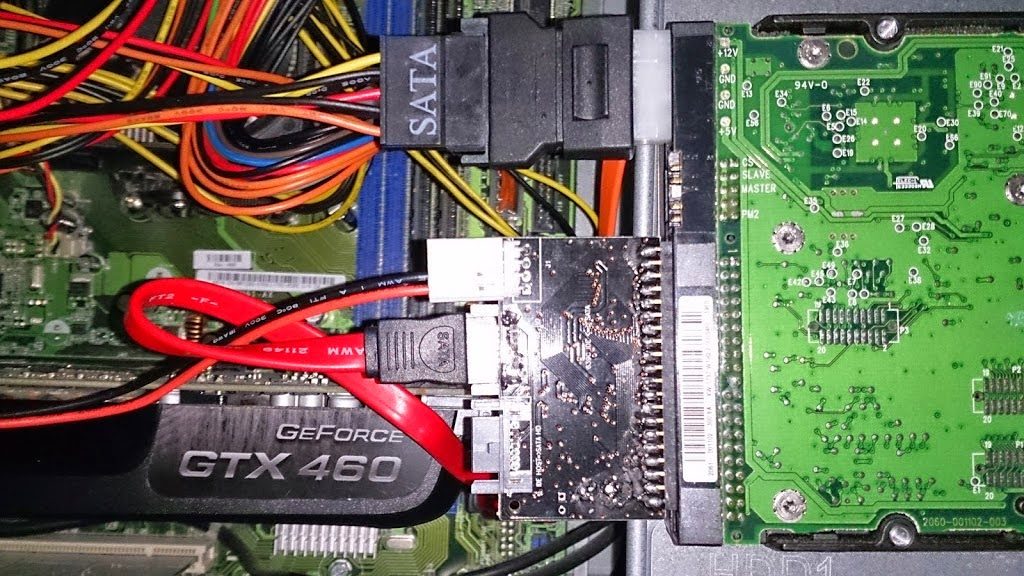Why am I writing an Apple post, you ask? Well ok, you probably don’t ask. It’s no big secret that earlier this week Apple held an event to announce the iPhone 5 and new lineup of iPods. Actually, a lack of secrecy really themed everything about the latest in Apple’s most popular products, arguably the most popular products in all of recent technology. Leak after leak after leak revealed information about the new iPhone; everything from its taller form factor to duo-tone backing to tiny 9-pin dock connector to replace the older standard. But after seeing the general reaction to the announcements in the days following the event, I have to wonder…has a lack of secrecy prior to launch cut down on the usual enthusiasm regarding the iPhone, or is it something else eating away at Apple?
While we’re getting non-secrets out of the way, I suppose I should clarify that I am generally not a fan of Apple devices because I find them restrictive to the user and not as well-built below the surface (especially in the software department) as their pretty facades would have you believe. So take my word for what you will, but bear in mind that I am also an Apple customer and not a fanboy that sits atop a pile of some other branded product and points at how terrible the competition is. At the end of the day, none of us consumer tech journalists would have our occupations should we not be consumers ourselves, and that is the perspective from which I am coming here.
In every year since 2007, I can only remember the launch of the next iPhone being huge. So huge in fact that the front page of all of my favorite websites were plastered with photos of the new device for the following week until a hands-on video review put the icing on the cake and gave the ‘official’ word on the smartphone’s performance. Not surprisingly, the verdict was always the same; it’s thinner, it’s lighter, it’s faster, go buy it. Never mind you were paying $300 for an incremental upgrade that in reality offered very little new functionality over the last generation iPhone, all things considered. But regardless of the questionable logic, every year Apple’s offerings were met with rave reviews.
However, last year things began to change. As the iPad had taken the spotlight the year before, the iPhone was already met with a new challenge. Add in the new developments for Android devices which, hardware wise, were starting to really soar above every iProduct on the market, and Apple needed to release the iPhone 5 well and make it something great. A lot of secrecy surrounded the yet-to-be-released iPhone, which only served to increase the hype. Then launch day came, and brought with it…the iPhone 4S. An incremental upgrade in name as well as function. Apple turned the world’s attention to Siri, but most every user found that the voice-recognizing application was little more than a gimmick that could be quickly put down and not missed one bit. Tech journalists and consumers alike walked away from Apple’s launch event scratching their heads and wondering, “Apple, what were you thinking?”
Enter 2012. As already mentioned, despite Apple claiming it would “double down” on secrecy, literally every noteworthy aspect of the iPhone 5 was known to the public weeks before the launch event…and from day one the general consensus was that the big iPhone everyone had been waiting for two years now to get their hands on was, in fact, underwhelming. The hype for what became the iPhone 4S was the iPhone 5 hype, and that disappointment plus the dozens of leaks afterwords served to effectively kill off what little hype many previously enthusiastic Apple customers may have had. Now that the newest iPhone actually has been revealed, a lot of people are simply letting out a sigh and saying “Another year, another iPhone.” It seems just plain weird that Nintendo’s WiiU event could overshadow an iPhone reveal, but that seems to be the case this year.
Although Android, Apple’s biggest competing platform, has problems of its own to deal with, at least its developers are ready and willing to push the technology behind it forward at a break-neck pace in the quest of evolving technology to its limits. Apple, on the other hand, seems content to barely change anything year after year and cash in on minimal development for maximum price. When it comes to keeping customers engaged, it should be obvious which tactic is the more effective.
That’s not to say that the iPhone 5’s updates are bad, or that the phones won’t sell by the millions. But to be honest, we should have seen the taller screen on every iPhone–16:9 has been the new standard since the phone’s inception, and instead Apple opted to go with the odd-duck 3:2 aspect ratio. We should be seeing an entirely new OS by now. Has Apple even made mention of a much-needed RAM upgrade for the iPhone 5?
iOS is based off of Mac OSX. Mac OSX has been around for 12 years now. Granted, 10.0 and 10.8 have a fair amount of differences under the hood, but in appearance and at its core the same OS is still here today that has been around for more than a decade. (As a side note, that does not make the $30 upgrade cost generous, by the way…that means users have enjoyed an incremental upgrade for roughly $400 since the start, should they have purchased every release.) Thankfully iOS updates are free, but even so it is worth noting that we’re essentially seeing an OS that was dated before it even released, and now that it’s been around 5 years, the need for a complete overhaul is only that much more obvious.
I have to wonder how much longer Apple can keep up their popularity while plodding along as they are. I don’t doubt their products will continue to sell, but I could easily see it happening over the next few years that one by one Apple followers turn into Android, Windows Phone, and Windows 8 followers. Other developers out there are continually seeking to improve technology; Apple is apparently content to sit on one big development and charge for it over and over and over again, hiding behind lies to keep people interested. Sooner or later, consumers will catch on. Unless something changes, the iPhone 5 may well be the beginning of Apple’s slump into becoming the mediocre rather than the standard.








